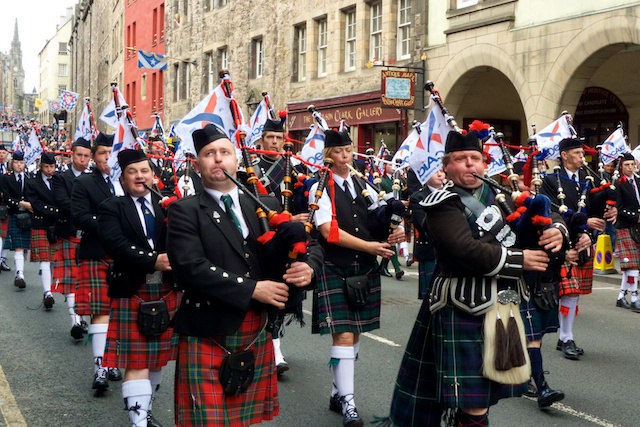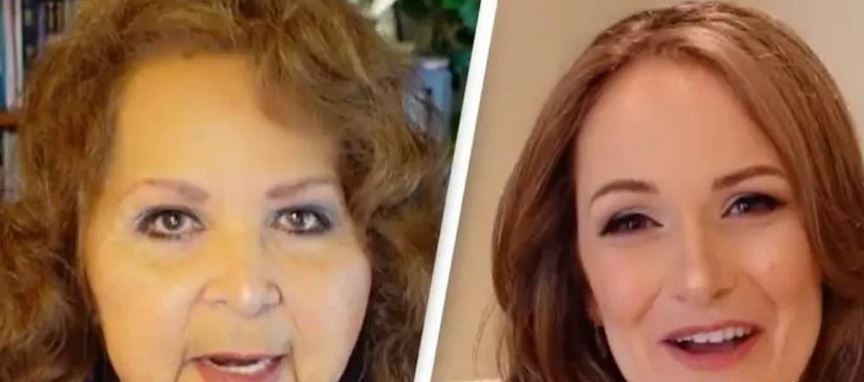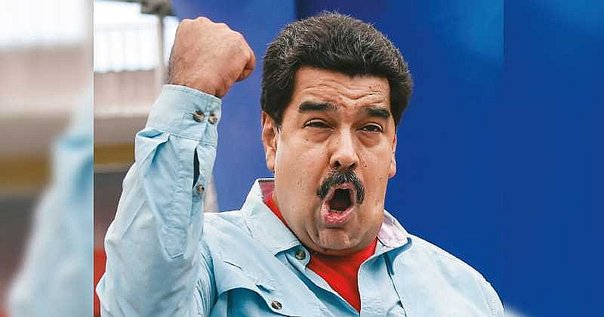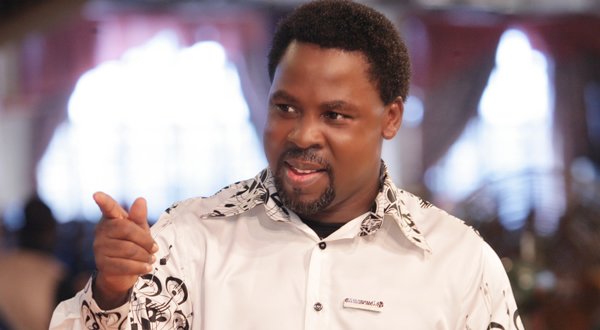The people of Scotland have rejected independence in a referendum marked by history-making levels of voter turnout.
The country went to the polls on Thursday, September 18, to decide whether to remain in the United Kingdom or to leave and become an independent country.
In the final weeks, polls suggested the balance of opinion was on a knife edge, and Yes even edged ahead in one survey.
But when the votes were counted across Scotland’s 32 local authorities, the electorate had voted No to the ballot paper question: “Should Scotland be an independent country?”
The local authority areas which voted No were: Clackmannanshire, Orkney, Shetland, Eilean Siar, Renfrewshire, Inverclyde, Midlothian, East Lothian, Stirling, Falkirk, Angus, Aberdeen, Dumfries and Galloway, East Renfrewshire, East Dunbartonshire, South Lanarkshire, West Lothian, Scottish Borders, North Ayrshire, South Ayrshire, East Ayrshire, Aberdeenshire, and Edinburgh.
The local authority areas which voted Yes were: Dundee, West Dunbartonshire, North Lanarkshire, and Glasgow.
Turnout far exceeded that usually seen at general elections. In East Renfrewshire, East Dunbartonshire, and Stirling, turnout broke through the 90% mark.
However, voters in Glasgow failed to engage to the same degree as those in other parts of Scotland, with one in four Glasgwegians not casting a ballot.
In his victory speech to pro-Union activists, Better Together leader Alistair Darling said: “Today is a momentous result for Scotland and also for the United Kingdom as a whole.
“By confirming our place within the United Kingdom, we have reaffirmed all that we have in common and the bonds that tie us together. Let them never be broken.”
Mr Darling said all parties that had made “shared commitments to change” must now work to put those promises into action both north and south of the border.
And he told No campaigners – who had never matched Yes Scotland in terms of their visible presence on the streets and in social media: “You represent the majority of opinion and your voices have been heard. We’ve taken on the argument and we’ve won. The silent have spoken.”
To loud cheers from supporters, Mr Darling concluded: “The vote is over and the Scottish people have now delivered their verdict. We have taken a decision for progress and change for Scotland within the United Kingdom. Come on Scotland, let’s get on with it together.”
Speaking from Dynamic Earth in Edinburgh, First Minister Alex Salmond said: “Thank you Scotland for 1.6 million votes for independence.
“I accept the verdict of the people and I call on the people of Scotland to follow suit and accept the democratic decision
“The process by which we have made this decision reflects enormous credit on Scotland. This has been a triumph of the democratic process.”
Scottish Labour Party leader Johann Lamont said the result was “decisive”.
On whether it had been a happy night, she told Today on BBC Radio 4: “I’m not sure if the word is happy that I’d use, it’s very emotional – it’s a very emotional time. “I’ve seen my country divided and I know there are people out there who are really hurting because they’ve lost, and we are pleased Scotland has decided it wants to stay in the United Kingdom and I feel it’s an affirmation of a size we can move on from.
“When Nicola Sturgeon said on a personal level she was disappointed I can understand that because I know she fought a hard campaign… she also said this was a vote for change, I absolutely agree with that.
“We know there’ll be a debate around powers and constitutional change but I yearn for the arguments around social justice and equality to get back into the stage in the Scottish parliament and elsewhere, engage with people about what it was they wanted when they voted yes and no, and I think we can come together round that.”
Prime Minister David Cameron will address the nation at 7am and outline the next moves in the UK’s devolution journey. Her Majesty The Queen is also expected to issue a statement later on Friday.
Police in Glasgow are investigating ten alleged instances of electoral fraud in the city.
A spokesman said: “Police Scotland takes the safety and security of the independence referendum extremely seriously and is working with partner agencies including local authorities to ensure the integrity of the ballot. Any crime committed will be investigated appropriately.”
The count at Dundee was disrupted by two separate fire alarms.





No comments! Be the first commenter?